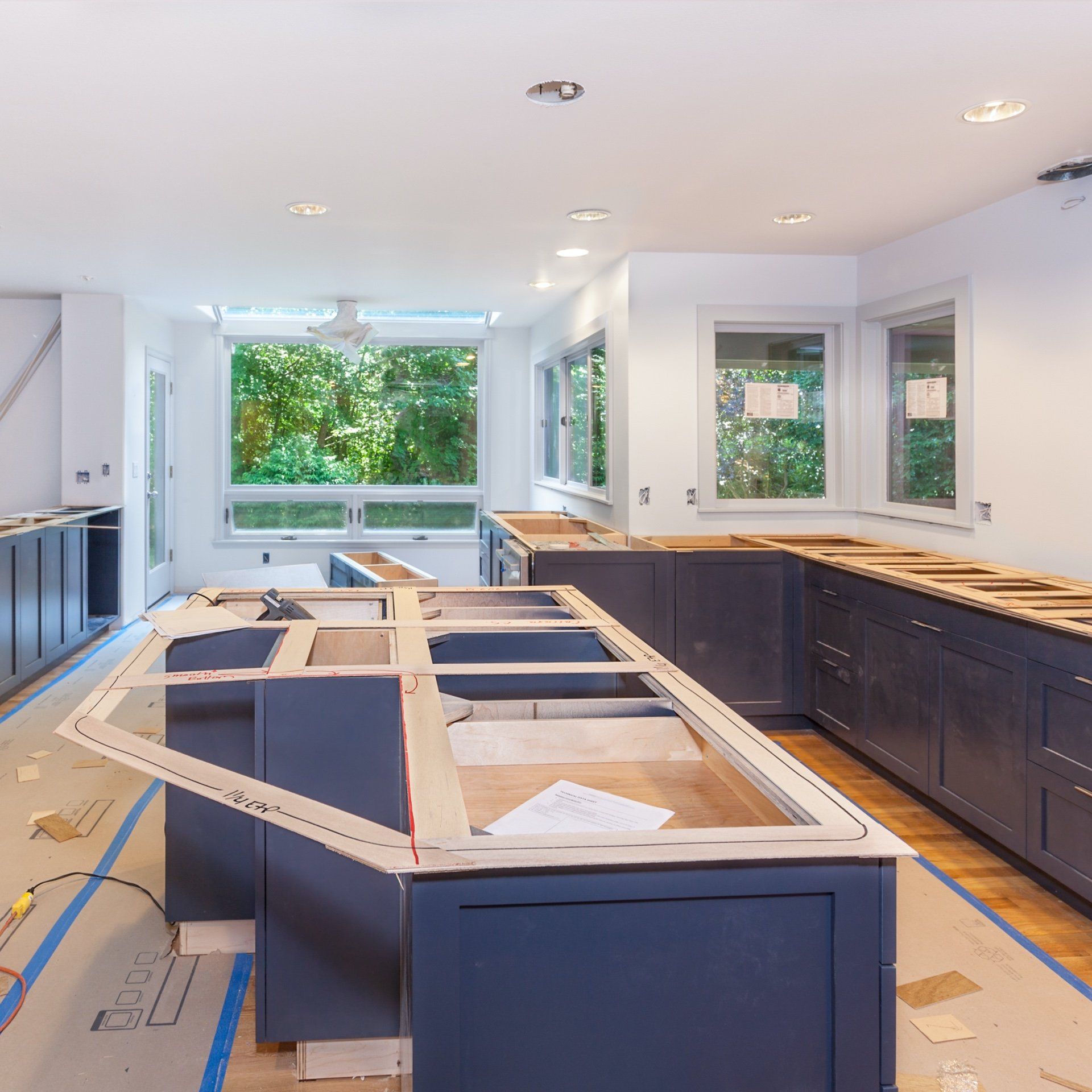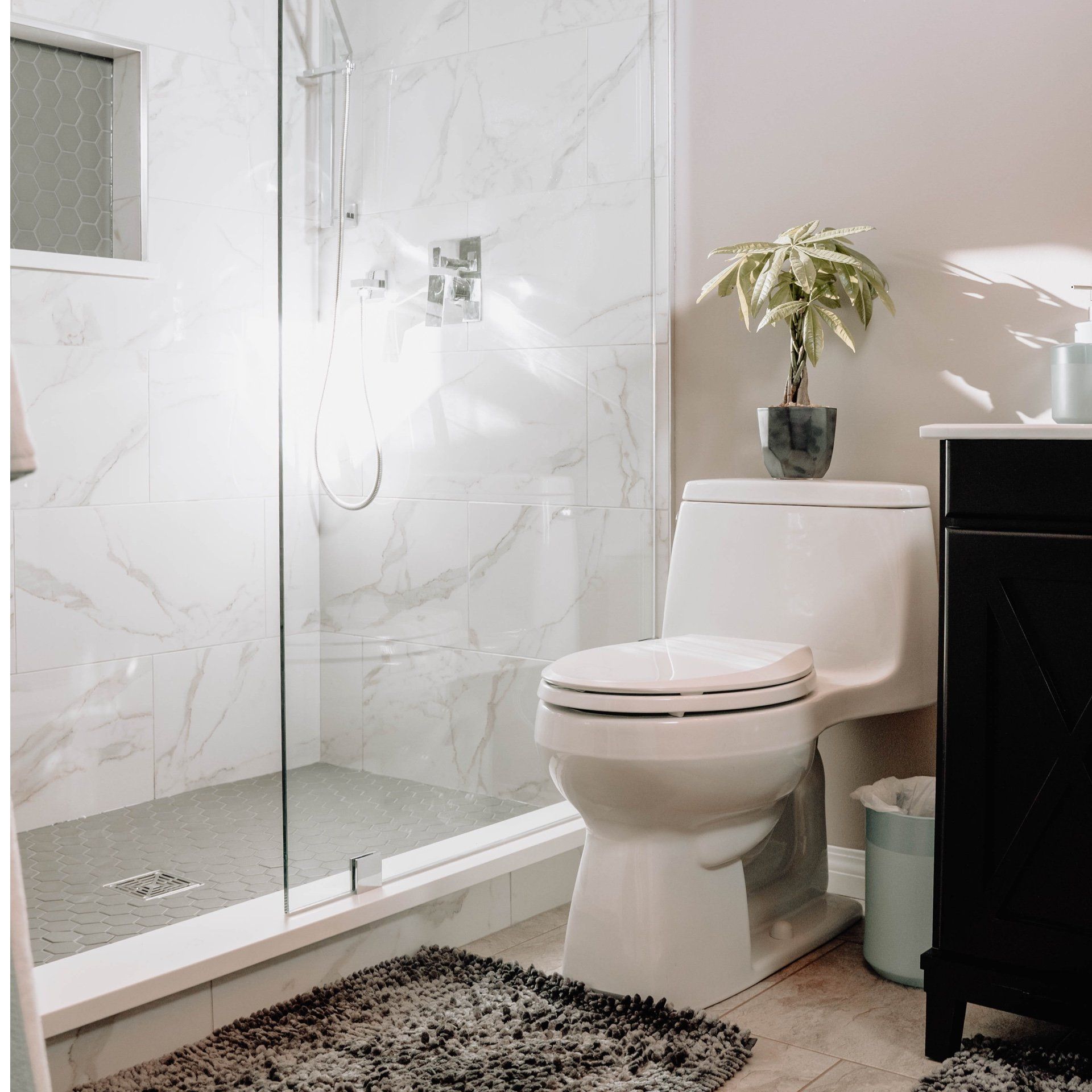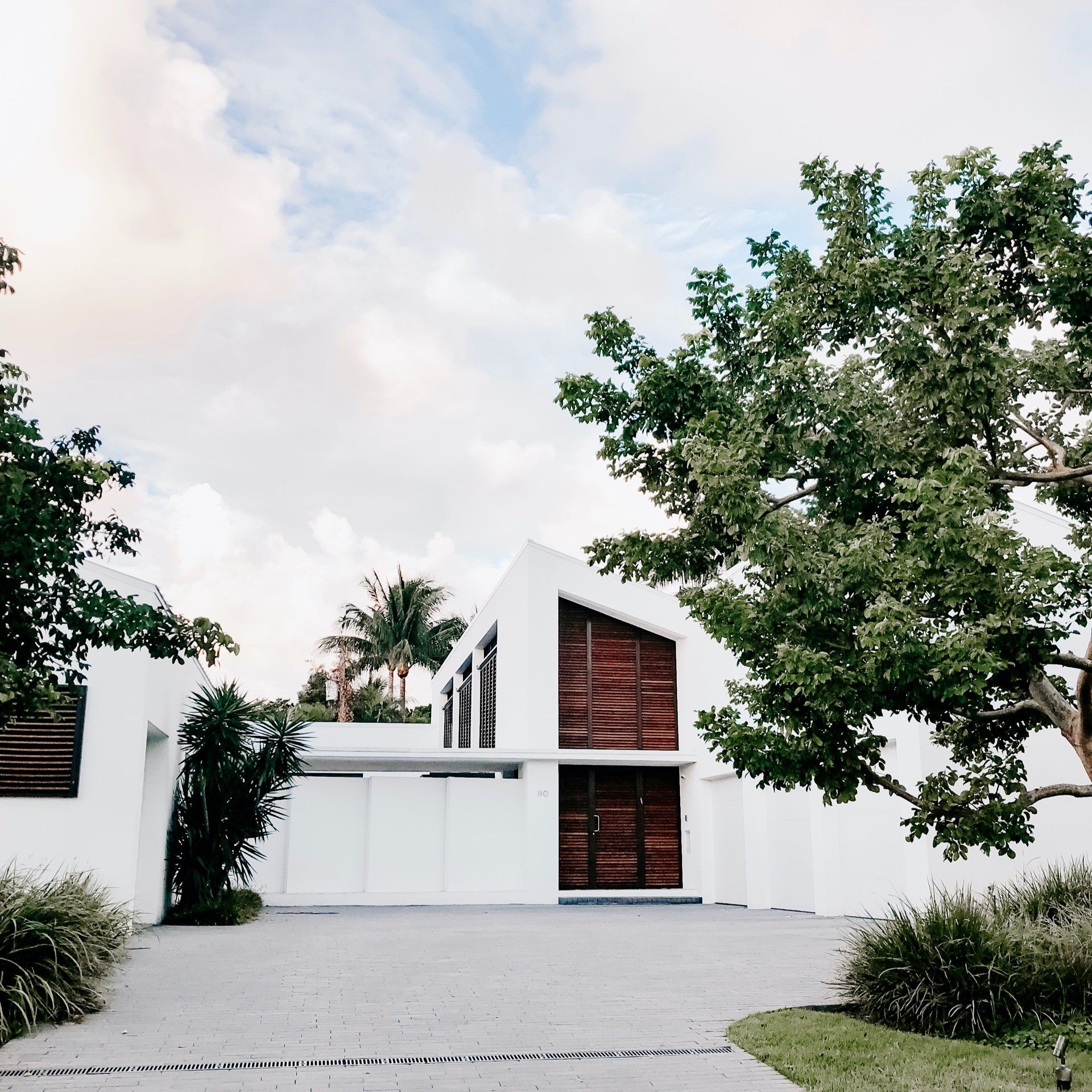Frequently Asked Questions
What does the home inspection cover?
The home inspection is a very detailed process, especially considering the limited amount of time we have available to us. During the inspection I will visually inspect the foundation and give you my honest opinion regarding its condition. This includes analyzing cracks as well as checking windows and doors for issues and looking for indications of movement in the attic space and on the roof. I will inspect the entire exterior of the home as well as walking on as much of the roof as possible and, once inside the home, I operate every accessible window and door, along with every accessible light and receptacle. I will remove the electrical service panel cover and check the wiring inside. I operate every built-in kitchen appliance on a full cycle and run water at every sink and flush every toilet multiple times. If it is during our 11 months of summer, the air conditioner will run for the duration of the inspection and I will capture several temperature readings to confirm proper operation. If the home has a crawl space, I will do a 'happy dance' before crawling under as much of the house as possible. I love crawl spaces!
How long will it take?
I would say the average inspection takes around 3 hours, but it really depends on size and age. They usually take at least 2 1/2 hours (no matter how small), but if you are buying a 7000 square foot home it will take all day (about 1 hour per 1000 square feet or so).
Do I have to be there?
You really should attend the inspection, if possible, but your attendance is not required. Most people show up toward the end to get a verbal summary and take a look at any areas of concern in person. We also typically take payment at the end of the inspection. If you are out of state or cannot attend for whatever reason, it is not a problem. I will schedule everything and give you a call to discuss the home after the inspection is complete and we can arrange payment over the phone.
What forms of payment do you accept?
Cash, Check, Credit Card, Venmo, and Zelle.
What will happen if the report reveals problems with the home?
All homes have issues and I have never written a totally clean report, so please enter the process with the understanding that the inspection is 100% likely to reveal issues regarding the home. It is my job to make you aware of those issues and to put them in the proper context so you can make an informed decision. A foundation issue, for example, is significantly more important than a small leak below a sink. If you are able to attend the inspection, we will discuss the primary issues and I will answer all of your questions.
When you get your report, I can't stress this enough, read it. You should then work with your agent to decide if you will make any requests of the seller. You can ask that they repair certain items or you may request an adjustment in price so that you can make repairs yourself. There is technically no requirement that they grant your requests, but you will retain the ability to back out of the sale during your option period if you no longer feel comfortable with the arrangement based on the information revealed at the inspection.
Why should I choose Infinity Home Inspections over some other company?
I know there are some guys that take this opportunity to speak poorly of other inspectors out there, but I don't really like that approach. The great majority of inspectors I have met, especially those who own their own company, are honest people doing a good job. Instead I will just say that experience is the most important factor, in my opinion. I have been inspecting in the Fort Worth area for over 17 years and that brings a wealth of knowledge regarding local homes. I also owned a contracting business before that, so I've been hands-on with most of the issues that come up during inspections. I know what it takes to fix things, I understand how certain apparent mistakes were made, and I usually know how to correct them and how much it will cost (prices have skyrocketed in most areas recently). Here's a tip for being sure you get an experienced inspector on your side: Inspector license numbers are handed out in numerical order, so the lower the number, the longer that inspector has been licensed. My TREC PI# is 9871. I believe they are up to nearly 26,500 now, so that means I've been doing it longer than about 16,500 other licensed inspectors in the state. I guess another way to look at that is there have been about 1000 new competing inspectors entering the market every single year and I am still crawling under houses and managing to not fall off of roofs.
Some of the bigger companies will advertise their owner, but send a newer inspector to your house. I will be the person inspecting your house. You will get my honest opinion, and I will spend whatever time is needed to answer all of your questions and address any concerns.
Hey Matt, do you prefer old houses or new construction?
This is actually not an easy answer because each has its strengths. I'm pretty sure that anyone who knows houses in this area will agree that old houses were, in general, built using better materials and an attention to detail that no longer exists in production building. The early 1900's houses I see in the Fort Worth area are usually solid construction, but most of them need a certain level of constant upkeep and maintenance and energy efficiency was apparently not much of a concern when they were built. There's a special place in my heart for 80's houses because they were kind of the last of the solid production builds, at least in my experience, but they are in their 40's now and anyone that age or older knows that's when things can start going a little South on you. New construction, at least in regards to production builders, is not exactly what most buyers think it is. It wins by a landslide efficiency-wise and can give you some time before mechanicals need to be replaced, but the quality of the materials used and (usually) of the craftsmanship has declined (see the next FAQ for information regarding the most common form of house wrap). You should absolutely have a 3rd party inspection before you close. I think the bottom line is that is depends on you, the buyer, because there are strengths and weaknesses to both.
Hey Matt, how do you feel about flexible sheathing house wrap?
Nobody actually asks me this question, but I hate this product so much that I'm going to tell you about it anyway! I think it might be the worst aspect of new construction that I see. The entire product category is terrible (in my opinion), and it is usually installed terribly (not debatable). I've gone back and forth about this for years because the material is allowable by code so there's technically nothing wrong with it. But I have always thought there is no possible way the material can do what it claims to do because it is basically posterboard replacing what used to be plywood or OSB. Recently I came across some 3rd party testing that confirmed the obvious, so this is the statement that will show up in my reports from now on:
A flexible sheathing product was observed on this home. This product is currently allowable by code and is extremely prevalent in DFW area construction. Based on claims by various manufacturers, it does meet absolute minimum standards if it is installed to manufacturer’s exact specifications, which I do not believe I have ever seen, personally.
- Independent testing by the APA, University of Clemson, and University of Oklahoma indicated that the product falls far short of reported manufacturer claims specifically in regards to shear strength and seismic resistance. Here is the basic summary of that testing:
- “Some of those products are as thin as .078 inch but claim shear wall values that are higher than those for 15/32-inch-thick wood structural panels. These overstated lateral load design properties published by flexible sheathing manufacturers raise a question related to the safety and reliability of a structure designed with these products.”
- Here is the full document, if you are interested: Structural Cardboard






